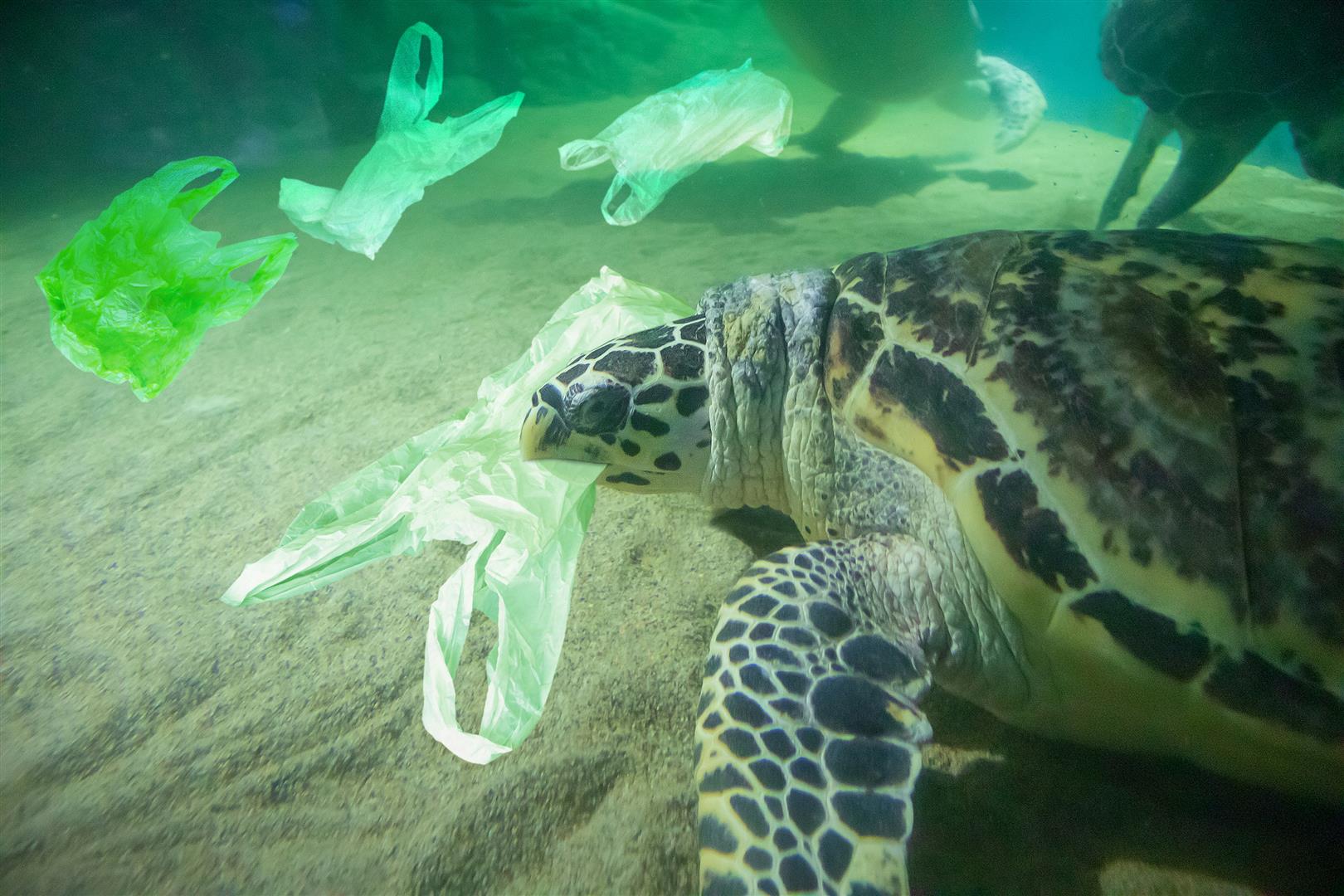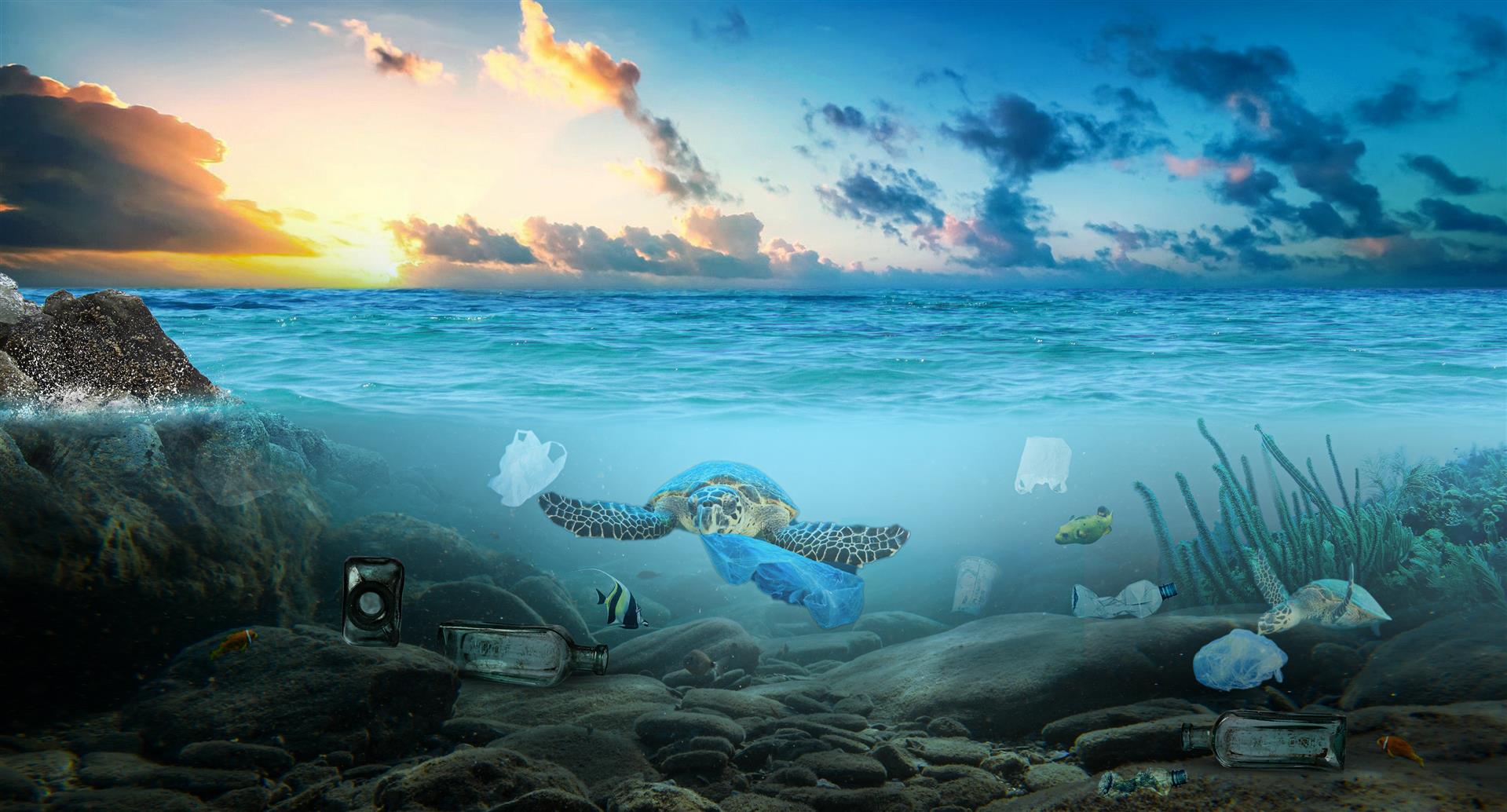
Thailand Development Research Institute (TDRI) reveals the statistics of garbage found in the sea from Big Cleaning in 2020, at least about 1.03 tons are dumped into the Thai seas every year. The most common types of waste were plastic scrap (12%),
styrofoam boxes (10%), food wrappers (8%), plastic bags (8%), glass bottles (7%), plastic bottles (7%), and straws (5%).
While the overall picture every year, Thailand produces about 27.8 million tons of plastic waste per year, and about 7.19% or about 2 million tons come from households or communities that flow along the river to the sea.
Corresponding to the middle of 2022, the Euronews website cited the report along with the numbers of plastic waste dumping into the ocean, it was found that Thailand was listed in the TOP 10 countries that dump the most plastic into the ocean, with 22.8 million kilograms of plastic.

In this regard, Department of Marine and Coastal Resources, Ministry of Natural Resources and Environment, which has been continuously managing marine waste since the fiscal year 2017 to the present to help reduce the amount of marine and coastal waste as well as prevent the re-occurrence of marine debris. In 2021, operating a project related to marine waste management was able to collect 1,427,831 pieces of residual waste from the coastal ecosystem, divided into 1. Plastic beverage bottles
2. Other plastic bags 3. Styrofoam scraps 4. Glass bottles
5. Paper bags 6. Food wraps / bags (toffy, crispy chips, etc.) 7. Plastic scraps 8. Clothes / shoes / jewelry / glasses / necklaces 9. Beverage cans 10. food boxes / foam
However, in the past, measures to seek cooperation and legal measures have been used to solve marine waste problems. People from all sectors and tourists can help solve this situation, for example, reducing the use of plastic products such as straws and foam, not littering into the sea, helping to collect garbage in the sea and on the beach, including using coral-friendly sunscreen, not using fins in shallow waters, not feeding or catching marine life, etc.
Source:The Thailand Development Research Institute (TDRI)
Tel:+66 2-718-5460